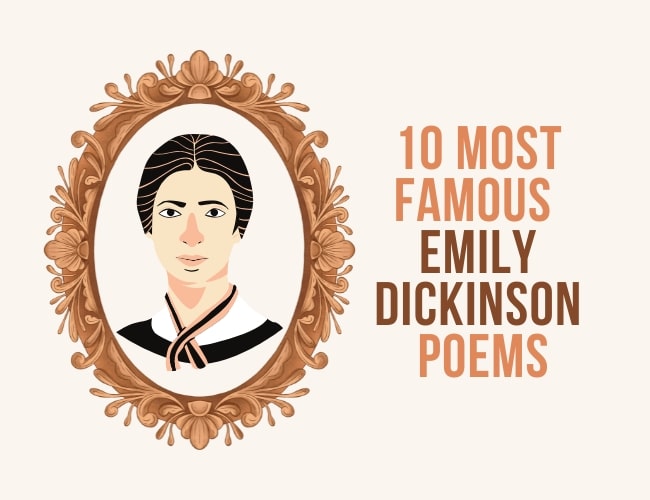
by Guest Blogger |
Emily Dickinson is one of the most famous and original American poets. Her style challenged the typical poetic formats of her time, and her poems are enjoyed by people of all walks of life. Here are some of.the most famous Emily Dickinson poems.
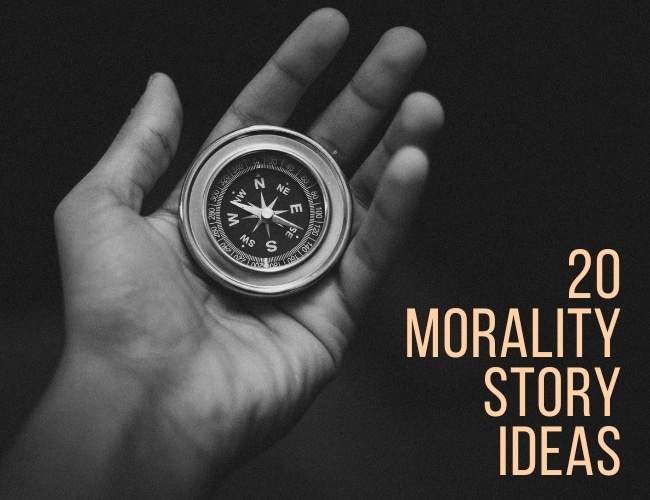
by Elizabeth Nettleton |
Tempted to write a morality story? As exciting as an epic battle scene can be, sometimes the most impactful stories relate to internal battles instead—a character’s fight between doing right or wrong, upholding their values or succumbing to temptation. Here are 20 morality story ideas to get your creative juices flowing and your character fighting for what’s right.
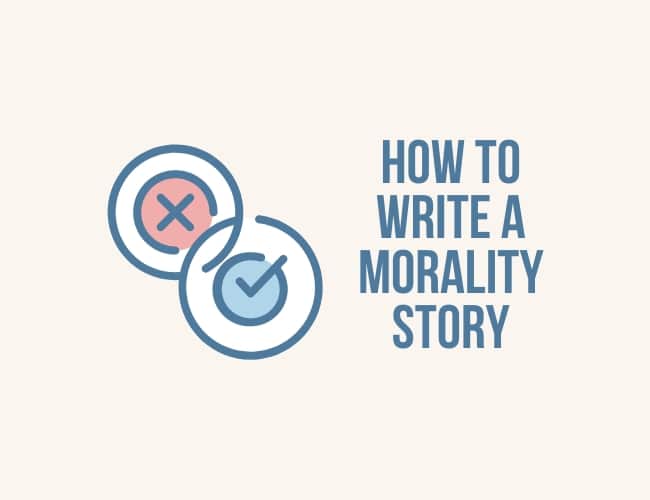
by Sue Weems and Joe Bunting |
If you have a main character whose crisis tempts them to veer outside of their values, then you likely have a morality plot. Sometimes the choice is one of selfishness at the expense of others, other times, it is selflessness at the expense of self. But the character’s moral fiber, their soul, is always on the line. Let’s look at how to write a temptation or morality plot.
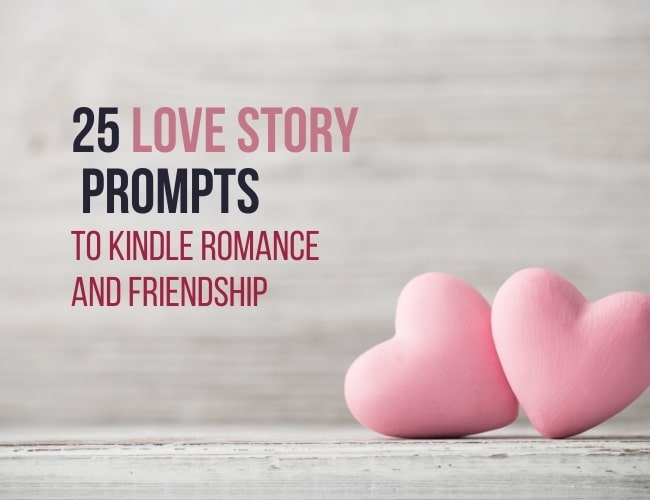
by Sue Weems |
When you think of a love story, you probably think of the romance genre: a cover with a bodice-ripping hunk and a woman with hair streaming in the wind. But love stories show up in nearly every genre you can imagine, either as a main plot or as a subplot.
Why is that? What is a love story and why is this plot type so versatile? Let’s take a look.
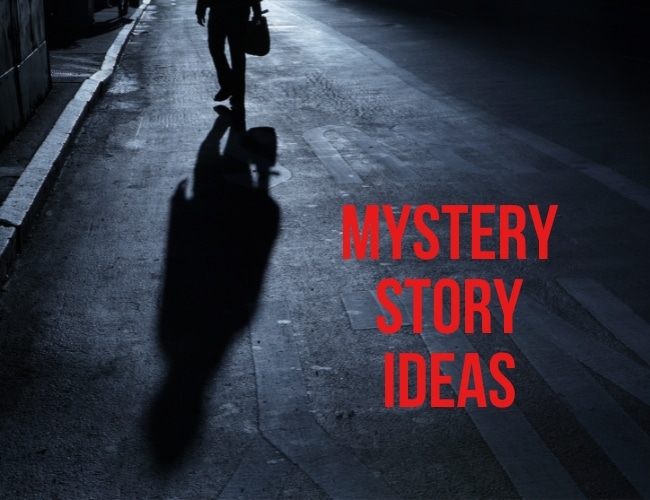
by Ruthanne Reid |
Do you enjoy a good whodunit? So do I! There’s something wonderful about a cozy mystery, especially for writers. Crafting a good mystery is one of the best writing exercises there are. Today, it’s my pleasure to share with you some fun, quirky, story ideas for writing mysteries.
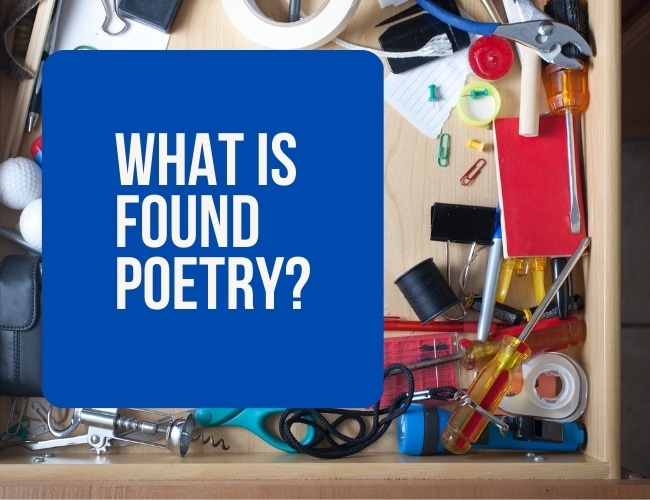
by Marianne Richmond |
Found Poetry is the literary equivalent of collage. Much like the visual artist who combines multiple media (newspaper, feathers, coins, sheet music) into collage art, you can do the same with words, pulling concepts and phrases from various sources to create “found” poems.





